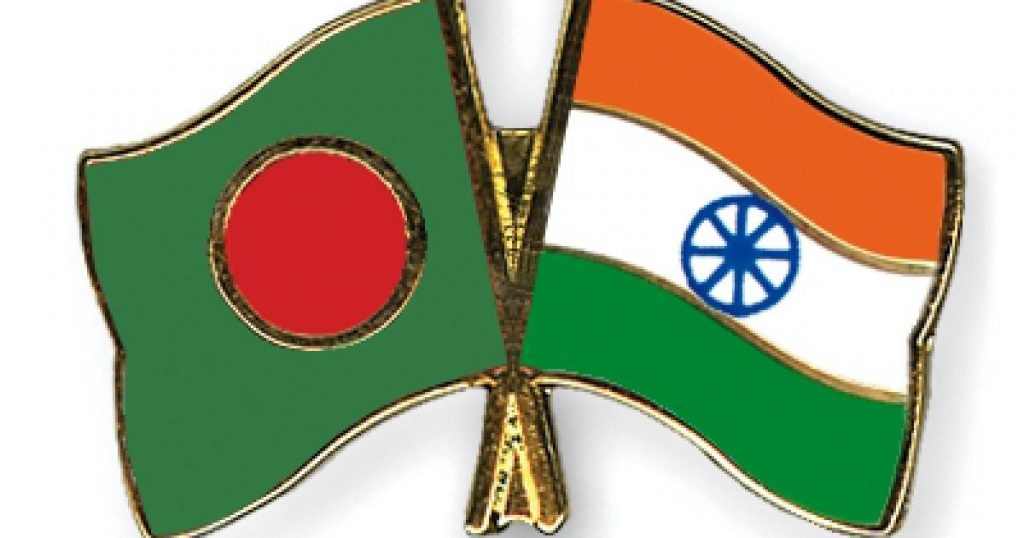September 3, 2020: China has started to woo Bangladesh to expand its influence in the region. India must work to strengthen ties with its neighbour.
After clashing with India over the LAC in the Galwan Valley, China has also started to woo our closest allies and neighbours with its economic prowess. Nepal has already started dancing to China’s tune by endorsing a new map of the country that encompasses Indian territories, adding to New Delhi’s discomfiture. This has led to curtains falling on the healthy relations that India and Nepal once shared. After Nepal, it seems China has set its eye on Bangladesh, which shares a border with India and is a close ally. In a recent development, the Chinese government has allowed tariff exemptions to 97 per cent of the Bangladeshi products being exported to China.
This is not the only favour Beijing has shown towards Dhaka. China has also vowed to give Bangladesh top priority should Beijing develop a coronavirus vaccine. Given these recent magnanimous gestures China is showering towards Bangladesh, and its huge investments in the country, India seems to have enough reasons to wary — both politically and for security reasons.
Strategic location
China already has access to port facilities across Sri Lanka, Myanmar and Pakistan. It could eye Bangladesh as the next potential target for its debt-trap diplomacy and get access to strategic ports. This would pose a serious security threat to India if viewed from a military dimension.
Bangladesh also shares its border with four eastern States in India: West Bengal, Tripura, Assam and Meghalaya. The success of the Indian government’s ambitious “Act East” policy, which primarily focusses on the economic development of the relatively backward north-eastern States could also be affected if China gets its foot in the door with Bangladesh. The access from these States to the strategically located international sea port in Bangladesh’s Chittagong (officially Chattogram) is one of the most important factors that attracts investments here and spurs growth.
The Central government has recently given its nod to set up a multi-sector special economic zone at Paschim Jalefa, South Tripura, given its proximity to the Chittagong port, at a cost of around ₹1550 crore. The vision to come up with a SEZ in Tripura is primarily to boost up manufacturing in the north-eastern States and create around 12,000 skilled jobs. However, the key to the success of this multi-sector SEZ will be hugely dependent upon the relationship Bangladesh shares with India, with respect to China.
Reinforcing ties
The recent developments regarding the CAA and the NRC legislations have also complicated the bilateral relationship between India and Bangladesh. Though the Prime Ministers of both the countries termed these times as a shonali adhayay (golden chapter) in the Indo-Bangladesh relations, top officials of the Bangladesh government have privately hinted at a strained relationship amidst this issue.
Experts say China will definitely use its financial prowess to lure Bangladesh and increase its influence in South Asia. What worsens the situation is India’s big brotherly attitude towards Bangladesh, which is quite different from the “non-interference and debt trap diplomacy” of China. Bangladesh’s Citizens and the government might fall for this strategy and there are chances the country could become another Sri-Lanka for China.
However, given the role India played in Bangladesh’s freedom and with the Sheikh Hasina regime in power, chances are slim that India’s relationship with Bangladesh might be for a toss. Moreover, Bangladesh’s trade relations with India are far less lopsided than with Beijing, the difference in trade deficit amounting to $11.1 billion.
But as the saying goes in international diplomacy, “There is some self-interest behind every friendship”. We never know when the tide might just turn against India. The country should therefore start rethinking how it is going to treat its neighbours. India cannot match China in terms of investment, so it better carve its own niche to be in the game. As far as Bangladesh is concerned, it shares lot of cultural and linguistic similarities with the States of Assam, West Bengal and Tripura. India might therefore rather build on these similarities and strengthen ties through various cultural and intellectual exchanges with Bangladesh, which would rather have long-term positive implications.
India, being the stronger neighbour, will have to be more accommodating on various matters of international affairs with its smaller neighbours like Bangladesh. This will help build a relationship that is based on trust and well-being and will outweigh the relationships that are built for short term financial gains.
Source: Business Line






